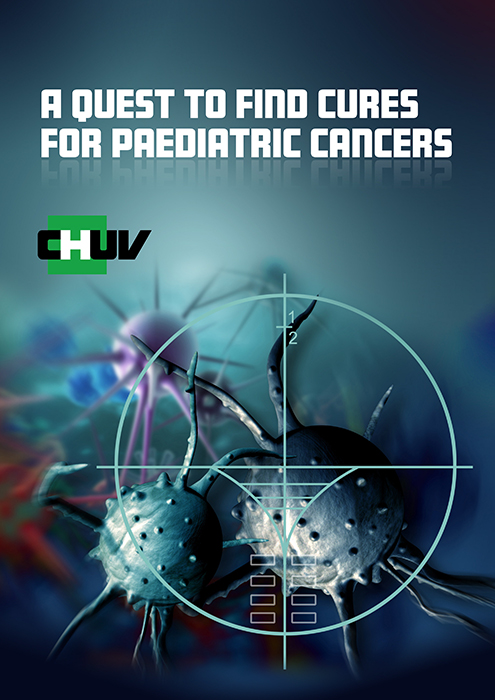Ivan Stamenkovic and Nicolò Riggi from the University of Lausanne lift the lid on the quest to find cures for paediatric cancers, in this special feature
Cancer mortality among children ages 0-19 declined from more than five per 100,000 children in 1975 to about 2.1 per 100,000 between 2010-2014, we are told. We also discover that most childhood cancers are not inherited but are primarily the result of DNA changes that occur early in the child’s life, sometimes even before birth. The good news is that due to major treatment advances in recent decades, indeed over 80% of children with cancer now survive for five years or more.
We also find out that the study of paediatric cancer biology has been challenging for several reasons – one being that paediatric cancers, particularly solid tumours, are rare, rendering the abundance of primary material far lower than that of most adult cancers.
The authors underscore their focus on solid paediatric malignancies, indeed they endeavour to understand how primary cells undergo transformation in response to oncogenic events, some of which are specific for paediatric cancers, including several reciprocal chromosomal translocations that give rise to Ewing sarcoma, synovial sarcoma and alveolar rhabdomyosarcoma, to name but a few. They then go on to explain their goal is to address sarcoma heterogeneity, in some detail, for example, they tell us about their quest is to understand the mechanisms that underlie paediatric cancer formation and to identify those that may be targetable from a therapeutic standpoint.
In a special piece of bonus content, Dr Miranda Fidler from the International Agency for Research on Cancer highlights the burden of cancer and the need for prevention, diagnosis and care. One point this article makes it that while it is broadly accepted that the age range for childhood and adolescent cancer is 0-14 and 15-19 years, respectively, the age range for young adult oncology is less clear as there is no uniform opinion on the upper age limit for this group. Another is that in total, an estimated 975,000 new cancer cases and 358,000 cancer-related deaths occurred among young adults globally in 2012. Of these, 65% of all new cancer cases and 54% of cancer-related deaths occurred in women.
I hope you enjoy reading the thought-provoking insights that this paper offers.


